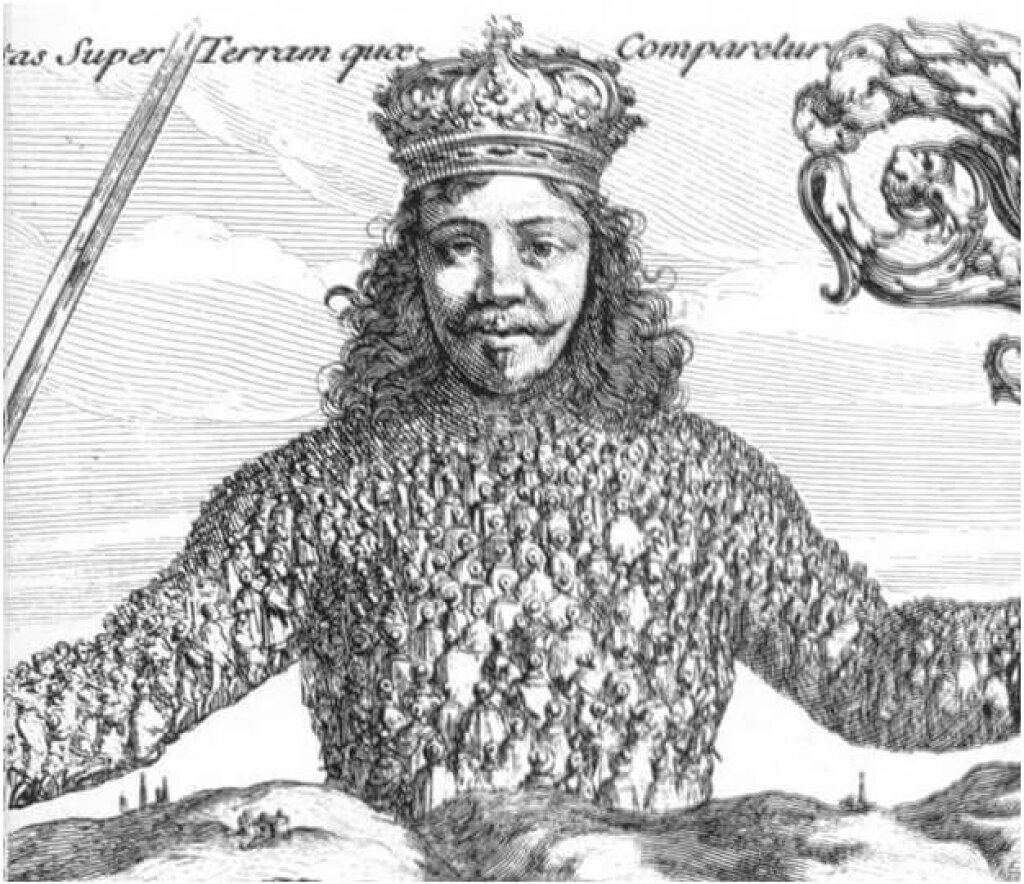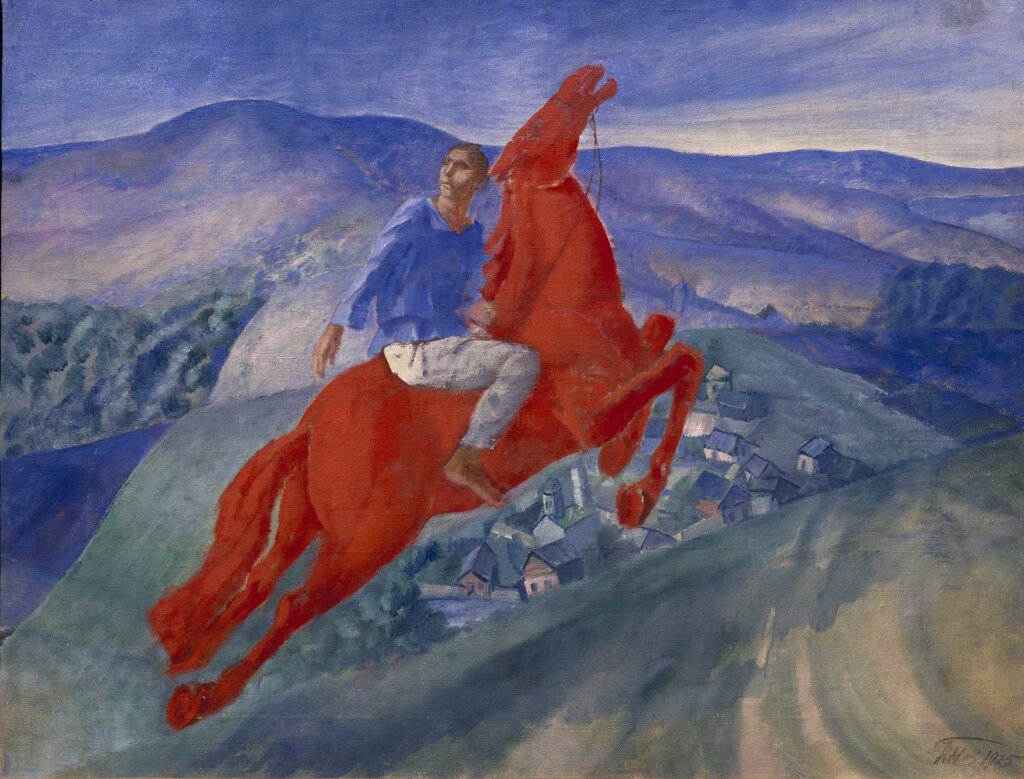A version of this post originally appeared on PONARS as a policy memo.
This is Part II of a two-part post. Part I may be found here.
Sergei Medvedev is a professor of political science at the Higher School of Economics in Moscow, writing on Russian politics, society and culture. His latest book, "The Return of the Russian Leviathan", is forthcoming with Polity Press (Cambridge) in November 2019.
The Foreign Front
Contemporary Russian biopolitics coincides with a worldwide turn away from globalization and liberalism to nationalism, protectionism, and all sort of fundamentalisms, as signified by the election of Donald Trump, Brexit, and the rise of far-right movements in Europe and beyond. Russia’s moves have been accompanied by new forms of foreign biopolitical directives such as the U.S. government's separation of children from parents in detention camps near the U.S.-Mexico border, the building of walls and fences against migrants in Eastern Europe, and the severe biopolitical adjustments committed by the Islamic State and now in China’s Xinjiang province where, effectively, at least one million Uyghurs find themselves subject to "re-education" in concentration camps.
In 2013, in response to the Magnitsky Act by the U.S. Congress, Russia passed a law that forbade American families to adopt Russian orphans. The authorities claimed the law was substantiated by several cases of adoptee deaths in the United States, even though these incidents were a tiny percentage of the roughly 60,000 Russian children adopted by Americans. Moreover, statistically, a child adopted by a local family in Russia stands a much higher risk of accidental death than those in the United States. The legislation's official name was the “[Dima] Yakovlev Law,” in honor of the eponymous Russian adoptee who died under tragic circumstances. Opponents immediately dubbed it the “scoundrels’ law” (zakon podletsov) because it effectively denied hundreds of Russian orphans who were already selected for adoption a new home and a family. Ultimately, the law doomed some of these children to death, since U.S. adopters often chose sick children whose illnesses could not be properly treated in Russian orphanages. (Nearly half of the Russian orphanage population, about 165,000 children, live in state orphanages for children with disabilities.) The fact of the matter is that the state treated Russian orphans as a biological resource usable for political purposes: a lever in a sanctions war and as a punishment of American society.
The international implications of Russian biopolitics have to do with the general anti-Western drift of the authorities, the rituals of “othering,” and the construction of convenient enemies. Russian political discourse remains preoccupied with the supposedly decadent, liberal West with its principles of tolerance, multiculturalism, political correctness, and betrayal of "traditional morality" and "family values." One of the key divides between Russia and the West became localized in debates around the human “other.”
Prior to the Trump era, Kremlin rhetoric had already contested the West on subjects like homosexuality, masculinity, and femininity, with some Russian commentators even invoking what they called Russia's “sexual sovereignty.” These biopolitical cleavages are now heavily securitized. It is claimed that the West corrupts Russian culture and society by deliberately exporting and imposing cultural patterns that undermine Russia’s morale, family structure, and demography. It is claimed that Russia’s demographic security is at stake in view of future wars. The word “security” appears often in these discourses: family security, food security, reproductive security, etc.
A distinctive case comes from Russia’s annexation of Crimea in 2014, when over 2 million Crimean residents’ citizenship was automatically changed from Ukrainian to Russian. To paraphrase recently released political prisoner Oleg Sentsov: they were transferred like serfs (krepostnye) attached to land. The state simply forced these people's bodies into a new nationality. Meanwhile, Russian propaganda around 2014-15 portrayed the annexation of Crimea and support for the Donbas separatists as an organic, biological act of nature, the reclaiming of a lost body part (“Donbas is the heart of Russia”), and the re-coalescence of the nation's previously disjointed body. In this sense, a clear “Russia world” nexus between biopolitics and geopolitics took hold in Russian discourses after 2014.
Russia’s biopolitical discourse has also become an export commodity that seeks to forge ties with “moral majority” groups internationally, from paleoconservatives in the United States to far-right groups in Europe. As U.S. political commentator Pat Buchanan wrote in an op-ed titled “Is Putin One of Us?”: “Nor is he [Putin] without an argument when we reflect on America’s embrace of abortion on demand, homosexual marriage, pornography, promiscuity, and the whole panoply of Hollywood values.” The Russian leadership created a war of values with the West to try to form a new domestic character, and it has reached out to neo-conservative forces abroad to expedite a fundamentalist international that might, in turn, encourage increased relations with Moscow.
Conclusion
The biopolitical turn in Russian politics marks a new contract between the leadership and the population based on an organic kind of unity that stresses blood, kinship, heritage, and faith. This push is quite similar to the one that occurred 100 years ago in the wake of World War I, producing a number of nationalist, fascist, and corporatist regimes across Europe. Likewise, in its post-Cold War resentment, having relapsed into self-pity about losing an empire (“the greatest geopolitical catastrophe of the 20th century,” as Putin said), Russia turned to more prescriptive forms of bonding based on blood and soil, and it is in this context that biological discourses came to the fore.
Russia's biopolitical normalization occurs in the interstitial space between the popular sentiment of an uprooted society beset by failed transitions and halted globalization, retrograde, neo-patriarchal responses, and the deliberate strategy by authorities of using biopolitical language and interventions for social and political control. From a mere government technology detected and described by Foucault, biopower in the hands of Russia’s authoritarians spreads disruptive forces through domestic and international affairs. It is an essential part of Moscow’s twenty-first-century hybrid warfare.



